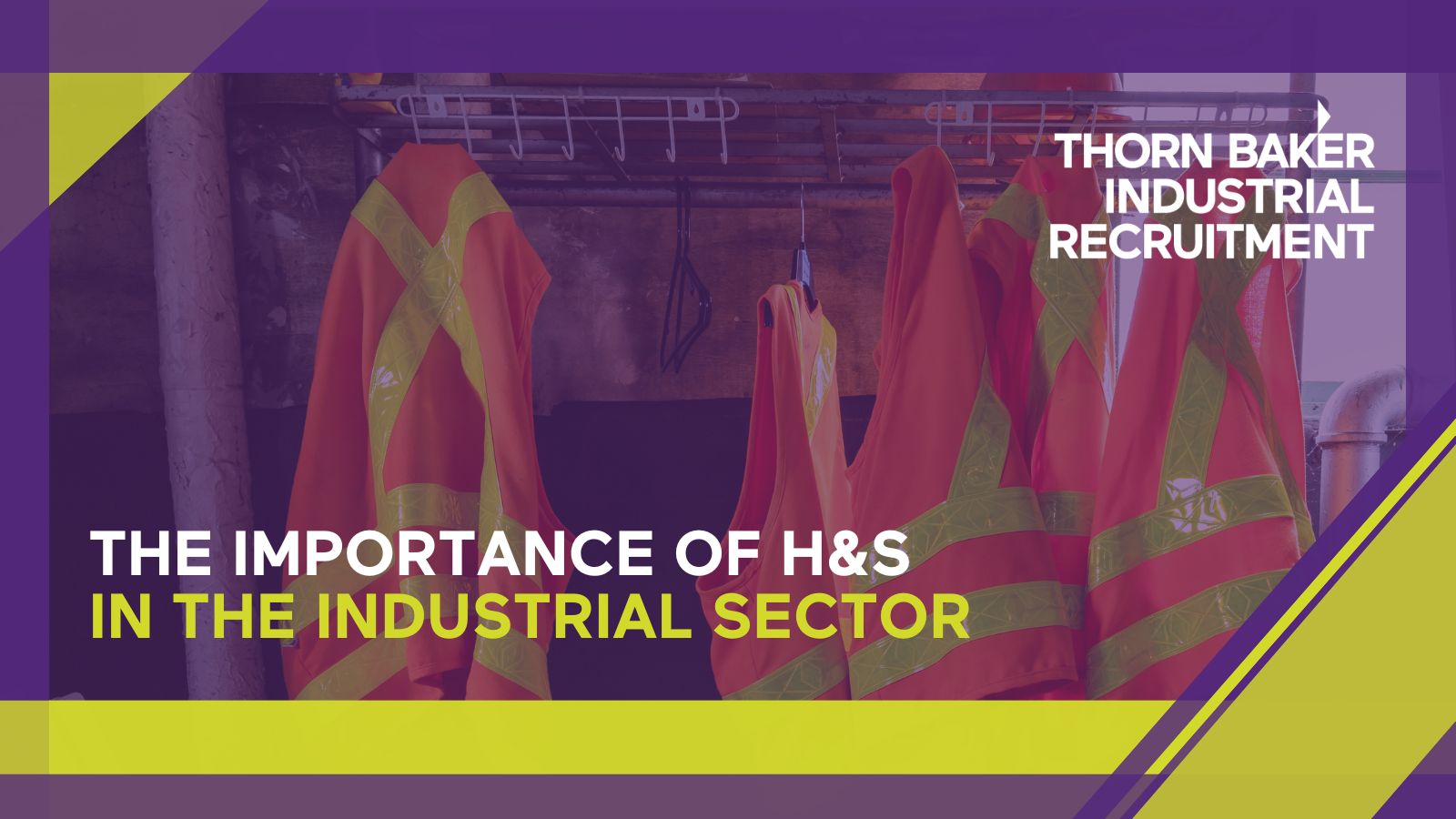
It’s More Than Just Packing Boxes: A Guide to Health & Safety in Industrial Jobs
Working in industrial environments such as manufacturing, logistics, food production, and recycling can be fast-paced and rewarding, but at Thorn Baker Industrial, we know that protecting workers and ensuring safe workplaces is not just a legal requirement, it’s the key for productivity and long-term success.
Here’s our essential guide to staying safe on the job:
1. Know Your Rights and Responsibilities
Your employer’s duty is to provide a safe working environment, clear safety procedures, and the right training and equipment
Your responsibility is to follow those procedures, use equipment properly, and report hazards immediately
2. Personal Protective Equipment (PPE)
Wearing the correct PPE is non-negotiable. Depending on the job, this may include:
Safety boots
High-visibility clothing
Hard hats
Gloves
Hearing protection
Respiratory masks
Always check your PPE before starting a shift - if it’s damaged, request a replacement.
3. Manual Handling
Back injuries are one of the most common risks in industrial work. To reduce the risk:
Use proper lifting techniques – bend your knees, not your back
Get help for heavy or awkward loads
Use mechanical aids (trolleys, pallet trucks, forklifts) where available
Rotate tasks where possible to avoid repetitive strain
4. Machinery & Equipment Safety
Never bypass machine guards or safety features
Only operate equipment you’re trained and authorised to use
Carry out pre-use checks and report faults straight away
Switch off and isolate machinery before maintenance or cleaning
5. Slips, Trips & Falls
Keep walkways clear of tools, waste, or spillages
Wear appropriate footwear with non-slip soles
Report uneven surfaces or damaged flooring immediately
6. Hazardous Substances
If your role involves chemicals, dust, or fumes:
Follow COSHH (Control of Substances Hazardous to Health) guidelines
Use protective equipment correctly
Never eat, drink, or smoke in areas where hazardous substances are handled
7. Emergency Procedures
Know where your nearest fire exit, first aid point, and assembly area are
Familiarise yourself with alarms and emergency signals
Report any incident or near miss – preventing accidents is as important as responding to them
8. Mental Health & Fatigue
Health & Safety isn’t only physical:
Take regular breaks to stay alert
Stay hydrated and eat properly during long shifts
Talk to your manager if stress, fatigue, or anxiety are affecting your work
9. Why Health & Safety Matters
For workers: Protects you from injury, illness, and long-term health issues
For employers: Reduces absenteeism, improves productivity, and helps retain skilled staff
For everyone: Creates a culture where safety, wellbeing, and respect come first
At Thorn Baker Industrial, we take safety seriously. All our workers go through compliance checks and receive the information they need before starting a role. We work closely with clients to ensure every site meets the highest standards of safety and care.

Looking for your next role, or need safe, reliable staff for your business? Contact Thorn Baker Industrial today: www.thornbaker.co.uk/disciplines/industrial